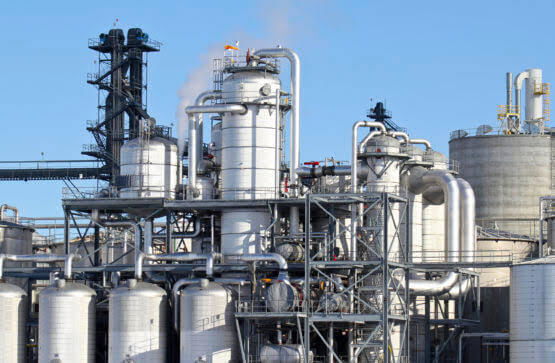Congo to Launch First Ethanol Distillery in June 2025, Marking Major Milestone in Renewable Energy Push
Kinshasa, Democratic Republic of Congo – The Democratic Republic of Congo (DRC) is set to inaugurate its first ethanol distillery in June 2025, marking a significant step in the country’s efforts to diversify its energy sector and advance toward sustainable industrial development.
The distillery, currently in its final phase of construction, is a flagship project under the Ministry of Hydrocarbons and Energy and is expected to produce industrial-grade ethanol from locally sourced biomass, including sugarcane and cassava. This landmark development positions Congo to tap into growing regional demand for clean fuels and bio-based industrial products.
Boost to Renewable Energy and Agriculture
Government officials confirmed that the facility is part of a broader national plan to reduce reliance on imported fossil fuels, create rural employment, and add value to the country’s vast agricultural resources.
“The ethanol distillery will be a game-changer for both our energy independence and agricultural economy,” said Minister of Energy and Hydrocarbons, [Name]. “We aim to boost local production, support green energy initiatives, and foster rural industrialization.”
Key Project Features:
- Location: [Region/Province], Democratic Republic of Congo
- Production Capacity: Up to [XX,000 liters] of ethanol per day
- Feedstock: Locally grown sugarcane and cassava
- Employment Generation: Over [XXX] direct and indirect jobs
- Target Markets: Domestic energy sector, pharmaceutical industry, and potential exports to neighboring countries
Public-Private Collaboration
The distillery is being developed through a public-private partnership involving international investors and local stakeholders. Technical assistance and funding have also been supported by regional development banks and international green energy agencies. Experts believe that the facility could serve as a model project for biofuel development in Central Africa, helping the region transition to more sustainable energy sources and meet climate commitments under the Paris Agreement.
Economic and Environmental Impact
Apart from boosting energy security, the ethanol plant is expected to:
- Reduce greenhouse gas emissions by substituting fossil fuels with ethanol-based alternatives
- Stimulate rural economies by increasing demand for agricultural feedstocks
- Encourage technology transfer and capacity building in the renewable energy sector
Looking Ahead
The government has hinted at future expansions and possible establishment of blending mandates for ethanol in transportation fuels. A second phase may also include the development of bio-based chemicals and sanitizer-grade ethanol for medical and industrial use. As the countdown to the June 2025 commissioning begins, all eyes are on Congo’s historic entry into the ethanol production space — a move expected to bolster its role in Africa’s clean energy transition.
Follow & Subscribe:
👉 Africa Agri Market on LinkedIn for the latest updates and insights.
🌐 Visit us at www.africa-agri-market.com for more information!
